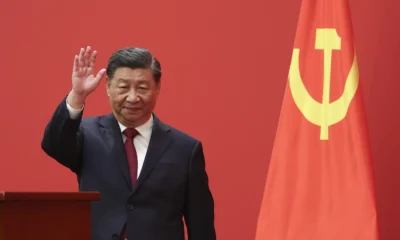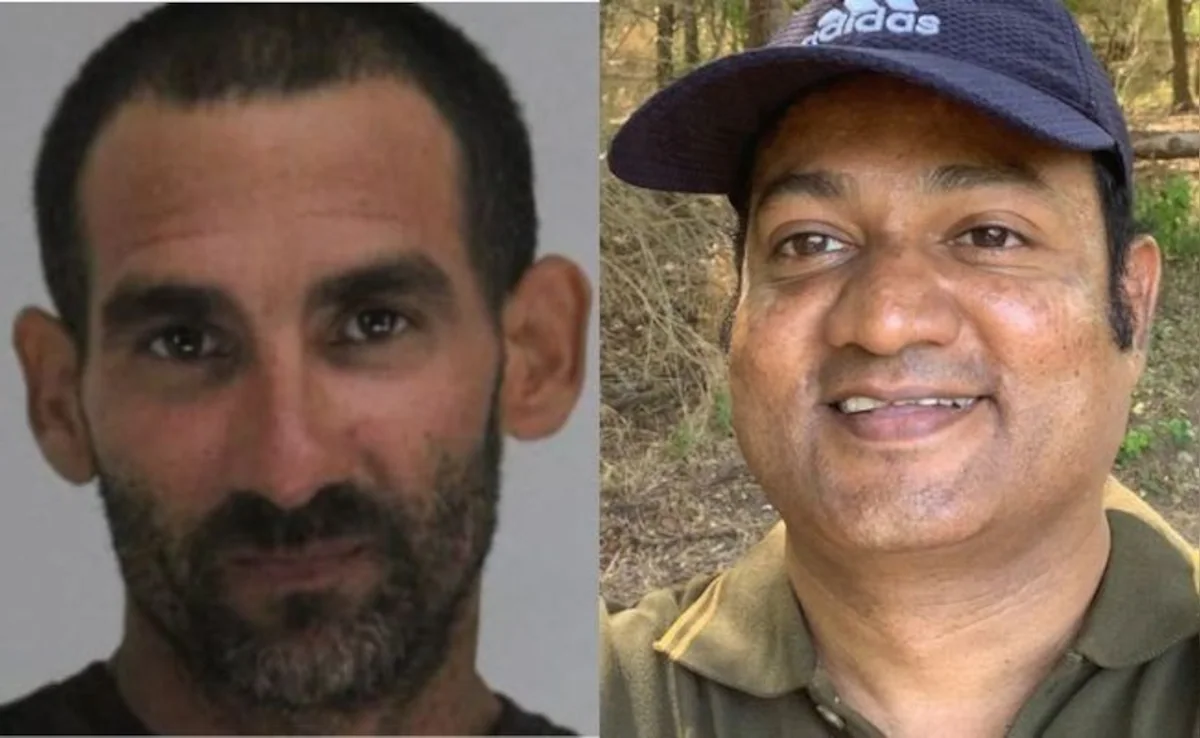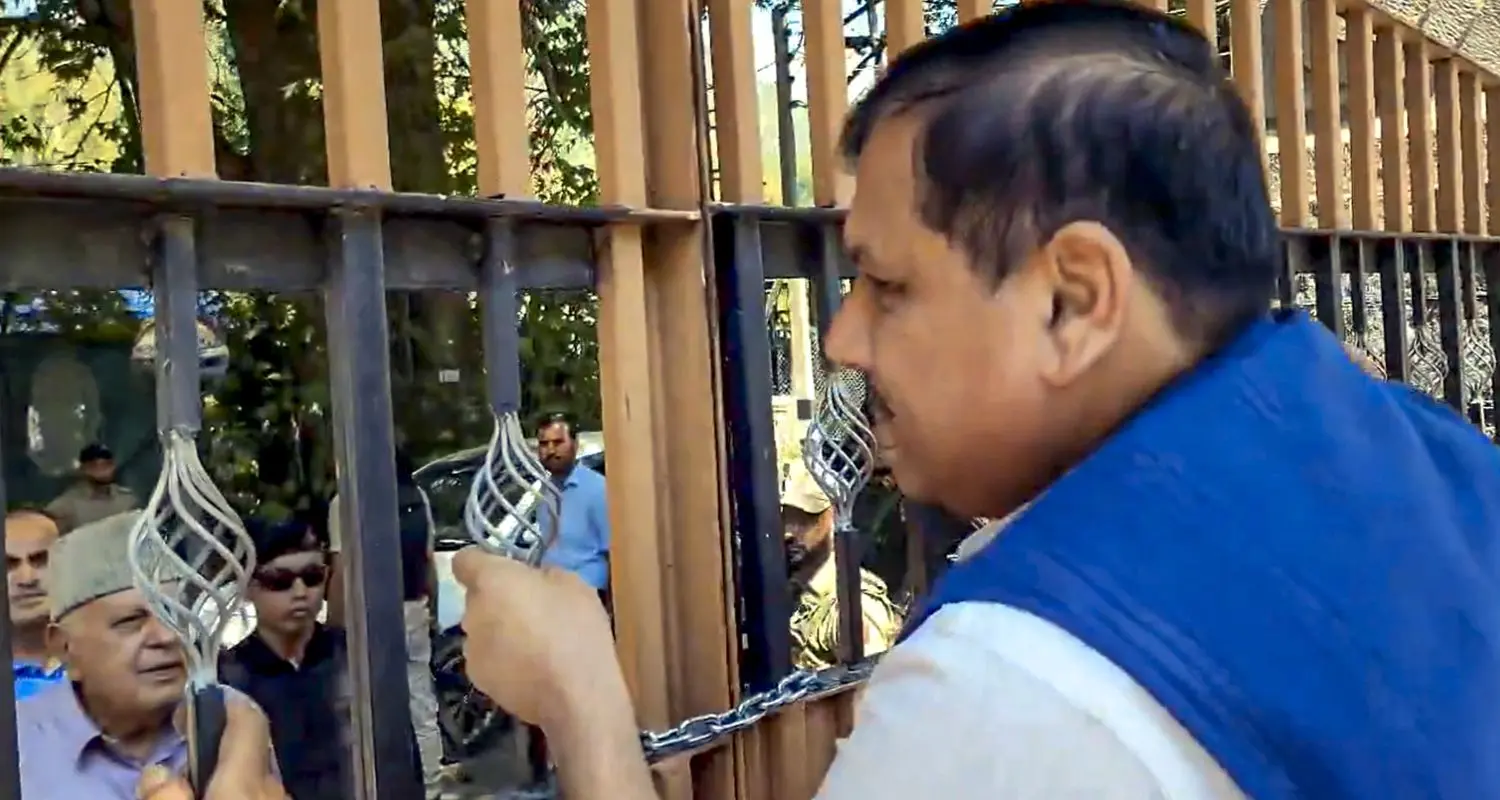Latest News
SATELLITE IMAGERY OF CHINESE BUILDUP.
As Delhi and Beijing turn to their working mechanism at the level of diplomats to reduce military tensions along the Line of Actual Control in eastern Ladakh, there’s evidence of the Chinese having deployed towed artillery and mechanised elements on their side of the LAC opposite the Galwan valley.

Entertainment
Kapil Sharma warned by MNS for referring to Mumbai as Bombay on Netflix show
Latest News
Indian-origin motel manager beheaded in the US
India News
AAP MP Sanjay Singh accuses J&K authorities of house arrest, Farooq Abdullah condemns move
-

 India News20 hours ago
India News20 hours agoAs stealth reshapes air combat, India weighs induction of Sukhoi Su-57 jets
-

 Cricket news20 hours ago
Cricket news20 hours agoRinku Singh returns home from T20 World Cup camp due to family emergency
-

 India News19 hours ago
India News19 hours agoTamil Nadu potboiler: Now, Sasikala to launch new party ahead of election
-

 Latest world news7 hours ago
Latest world news7 hours agoTrump says tariffs will replace income tax, criticises Supreme Court setback in key address
-

 Latest world news7 hours ago
Latest world news7 hours agoTrump repeats claim of averting India-Pakistan nuclear war during Operation Sindoor
-

 Latest world news7 hours ago
Latest world news7 hours agoPM Modi to begin two-day Israel visit, defence and trade in focus
-

 India News7 hours ago
India News7 hours agoShashi Tharoor questions Centre over Kerala name change to Keralam












